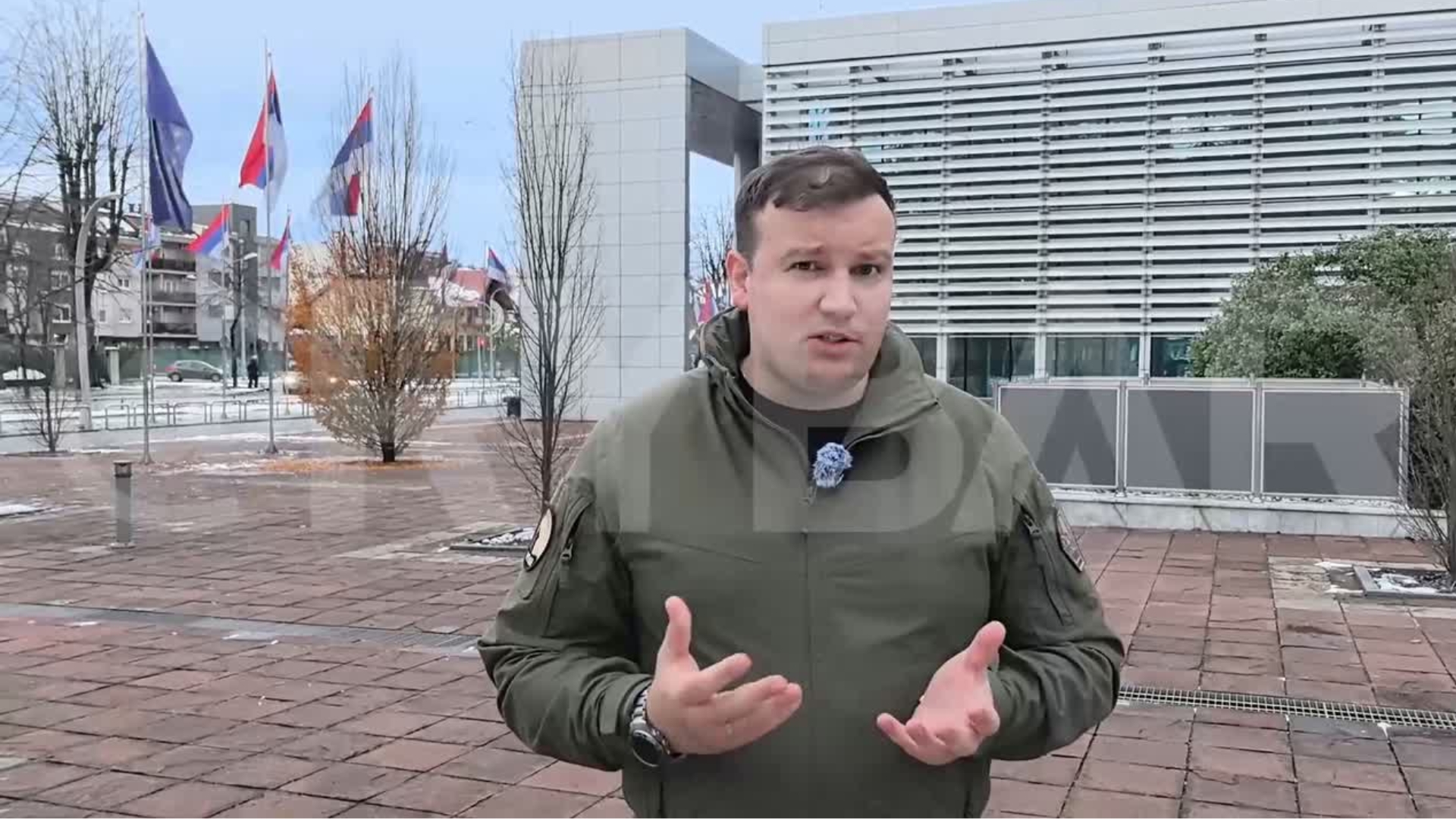This post is also available in: Bosnian
A seminar on “Framework for Prevention and Response to Genocide and Mass Crimes”, which was attended by the United Nations, NGOs and association of victims from Bosnia and Herzegovina, was held in Sarajevo .
The Center for Post-conflict Research and Centre for Justice and Reconciliation organised the seminar in collaboration with the Office of the Special Advisor for Genocide Prevention of the United Nations, at which the work of the UN body and lessons learnt from Srebrenica were discussed.
The seminar participants discussed the ways of reducing tensions and alleviating the level of conflict in the world in order to consider early warning strategies for the prevention of genocide and the protection of civilians in crisis and pre-crisis situations.
In her introductory statement, Edina Becirevic, President of the Managing Board of the Center for Justice and Reconciliation, said that, “the fact that this type of seminar has been held in Bosnia and Herzegovina 16 years after the genocide in Srebrenica is of extreme importance”.
“It is our duty to deal with genocide prevention, because we should be afraid of the horrors of war happening again. I would like to say that there is no need to reopen the topic after so many years, but the situation in Bosnia and Herzegovina is very bad and unstable 16 years after the end of the war,” Becirevic said.
Elmina Kulasic of the Centre for Post-conflict Research expressed a similar opinion, adding that it was important to work on “curing the wounds of the past and preventing future crimes from happening”.
“Transparency, democracy and, above all, justice are key factors for a permanent peace in Bosnia and Herzegovina and reconciliation that will help build Bosnia and Herzegovina as a state,” Kulasic said.
The seminar, which was held in Sarajevo on June 20 and 21, was attended by about thirty members of victims’ associations from all over Bosnia and Herzegovina and associations of detainees of Republika Srpska and Bosnia and Herzegovina.
D.Dz.

